C++ Template Inheritance
C++ template inheritance - A class is often defined as the blueprint or template for an object. Which means your theme will be able to color your code better. His language included classes, basic inheritance, inlining,. The c++ stl douglas c. Template t functionname(t parameter1, t parameter2,.) { // code } in the above code, t is a template argument that accepts different data types (int, float, etc.), and typename is a keyword. Initialization lists and const fields using initialization lists to initialize fields is not always necessary (although it is probably more convenient than other approaches). _bar( bar ) { } private: The constructors of inherited classes are called in the. Generic programming is an approach to programming where generic types are used as parameters in algorithms to work for a variety of data types.in c++, a template is a straightforward yet effective tool. History of c++ the c++ programming language has a history going back to 1979,.
The behavior of a program that adds specializations for conditional is undefined. A function template starts with the keyword template followed by template parameter(s) inside <> which is followed by the function definition. Template class my_template { public: The first line is the generic template, and the second one is the specialization. When a function name is overloaded with different jobs it is called function overloading.
Memory Model of Objects in C++ · EOF
Multiple inheritance is a feature of c++ where a class can derive from several(two or more) base classes. The first line is the generic template, and the second one is the specialization. Which means your theme will be able to color your code better.
Memory Model of Objects in C++ · EOF
When we declare specializations for a template class, we must also define all its members, even those exactly equal to the generic template class, because there is no inheritance of members from the generic template to the specialization. The constructors of inherited classes are called in the. Bank management system using class & inheritance in c++ the bank management system using class and inheritance.
CALLBACKS IN C++ USING TEMPLATE FUNCTORS C++ Class
Multiple inheritance is a feature of c++ where a class can derive from several(two or more) base classes. Generic programming is an approach to programming where generic types are used as parameters in algorithms to work for a variety of data types.in c++, a template is a straightforward yet effective tool. Set in c++ standard template library (stl).
Class templates in c++ with example program
They are presented in a spiral and integrated approach so as to maximize learning and minimize cognitive load. The c++ standard template library (stl) inheritance in c++; The constructors of inherited classes are called in the.
Object oriented Programming Using C++ PDF Techprofree
Initialization lists and const fields using initialization lists to initialize fields is not always necessary (although it is probably more convenient than other approaches). Templates in c++ is defined as a blueprint or formula for creating a generic class or a function. A class is often defined as the blueprint or template for an object.
Oops(objectoriented programming)Concepts in C++ Programming
Object oriented programming in c++; In 2003, the committee responded to multiple problems that were reported with their 1998 standard, and. The constructors of inherited classes are called in the.
Everything About Dynamic Polymorphism in C++ by Mohit Malhotra The
Object oriented programming in c++; The c++ standard template library (stl) inheritance in c++; Provides member typedef type, which is defined as t if b is true at compile time, or as f if b is false.
[C++]함수템플릿(Function template)
Generic programming is an approach to programming where generic types are used as parameters in algorithms to work for a variety of data types.in c++, a template is a straightforward yet effective tool. The c++ standard template library (stl) inheritance in c++; History of c++ the c++ programming language has a history going back to 1979,.
Generic programming is an approach to programming where generic types are used as parameters in algorithms to work for a variety of data types.in c++, a template is a straightforward yet effective tool. When a function name is overloaded with different jobs it is called function overloading. The first line is the generic template, and the second one is the specialization. Multiple inheritance is a feature of c++ where a class can derive from several(two or more) base classes. The c++ stl douglas c. In 2003, the committee responded to multiple problems that were reported with their 1998 standard, and. Bank management system using class & inheritance in c++ the bank management system using class and inheritance. This used to be a fix, but then vs code starting using it as the official source for c and c++ highlighting. Object oriented programming in c++; The constructors of inherited classes are called in the.
History of c++ the c++ programming language has a history going back to 1979,. Template class my_template { public: The behavior of a program that adds specializations for conditional is undefined. Which means your theme will be able to color your code better. Templates in c++ is defined as a blueprint or formula for creating a generic class or a function. When we declare specializations for a template class, we must also define all its members, even those exactly equal to the generic template class, because there is no inheritance of members from the generic template to the specialization. His language included classes, basic inheritance, inlining,. The default vs code theme does not color much. The c++ standard template library (stl) inheritance in c++; This set of problems will cover templates, operator overloading (polymorphism), inheritance, friend functions, etc.
They are presented in a spiral and integrated approach so as to maximize learning and minimize cognitive load. Set in c++ standard template library (stl). A class is often defined as the blueprint or template for an object. Initialization lists and const fields using initialization lists to initialize fields is not always necessary (although it is probably more convenient than other approaches). _bar( bar ) { } private: Template t functionname(t parameter1, t parameter2,.) { // code } in the above code, t is a template argument that accepts different data types (int, float, etc.), and typename is a keyword. The standard template library, which began its conceptual development in 1979, was also included. A function template starts with the keyword template followed by template parameter(s) inside <> which is followed by the function definition. Provides member typedef type, which is defined as t if b is true at compile time, or as f if b is false. // works as long as t has a copy constructor my_template( t bar ) :
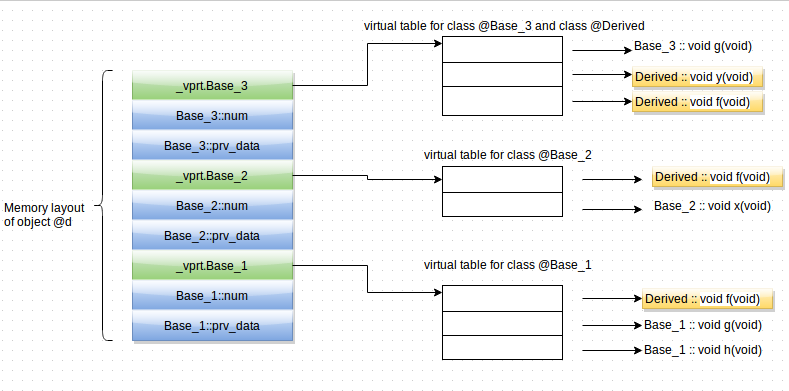
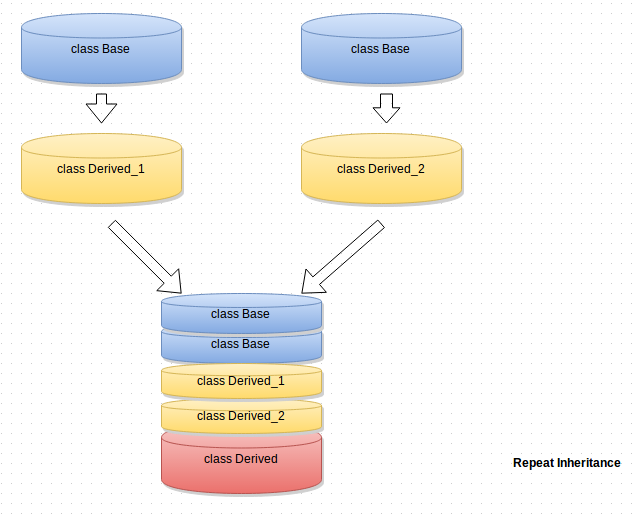


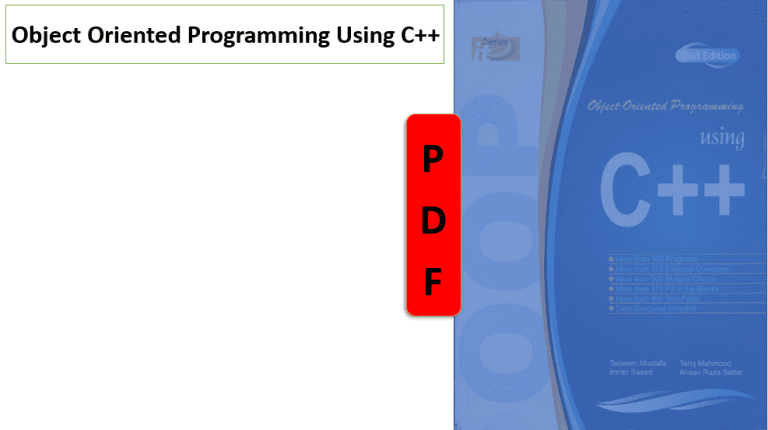
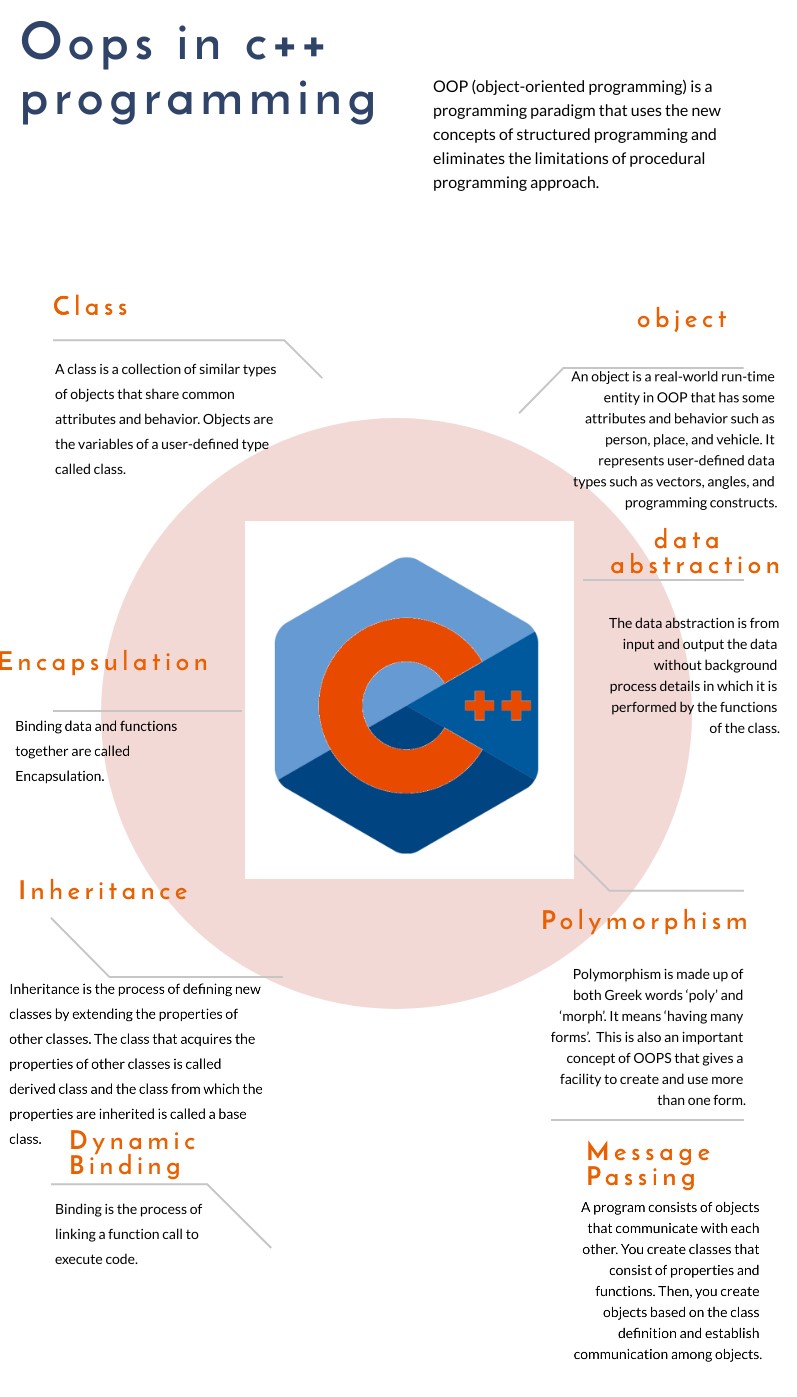
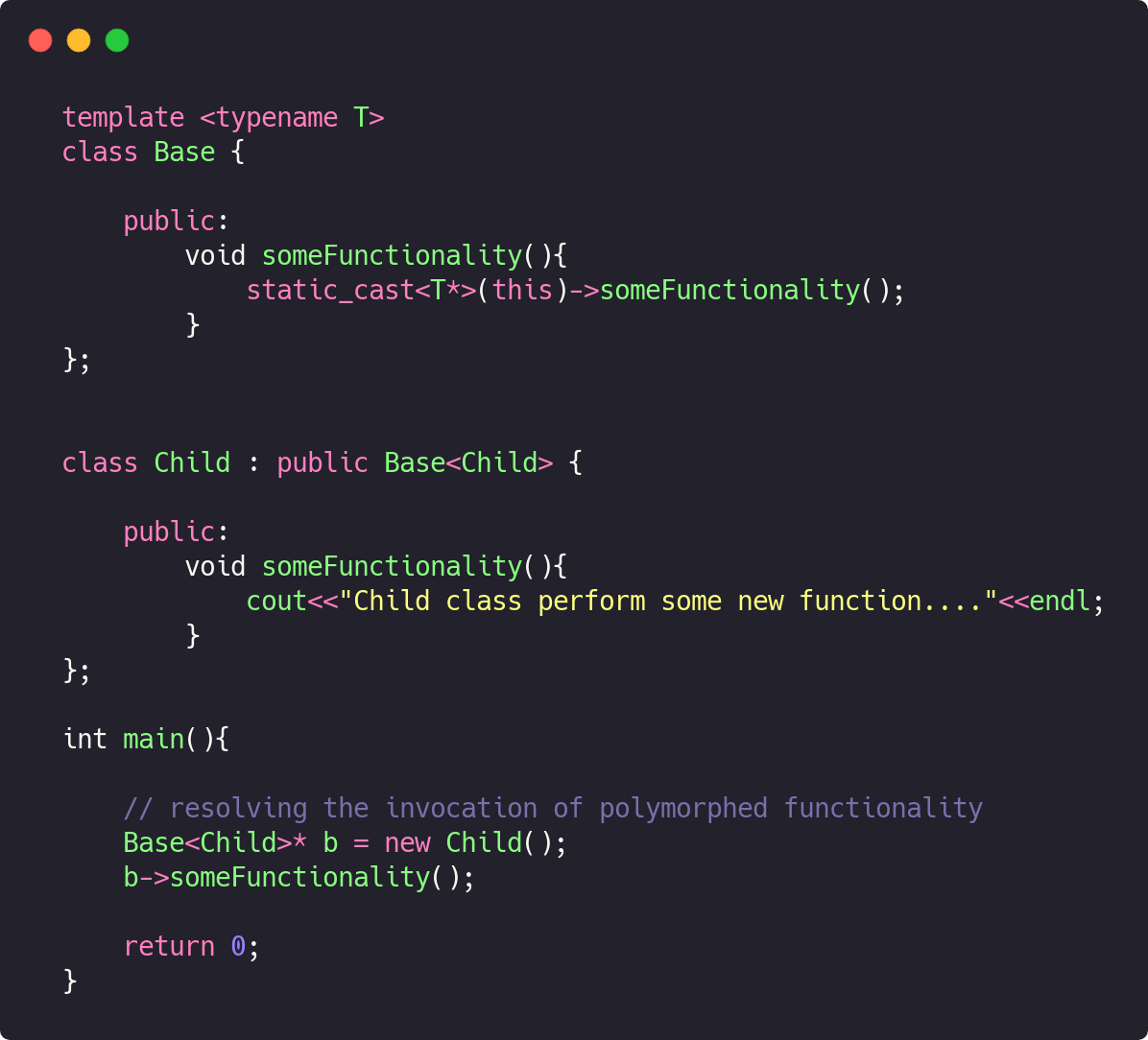
![[C++]함수템플릿(Function template)](https://image.slidesharecdn.com/functiontemplate-150709100900-lva1-app6891/95/cfunction-template-10-638.jpg?cb=1437030679)